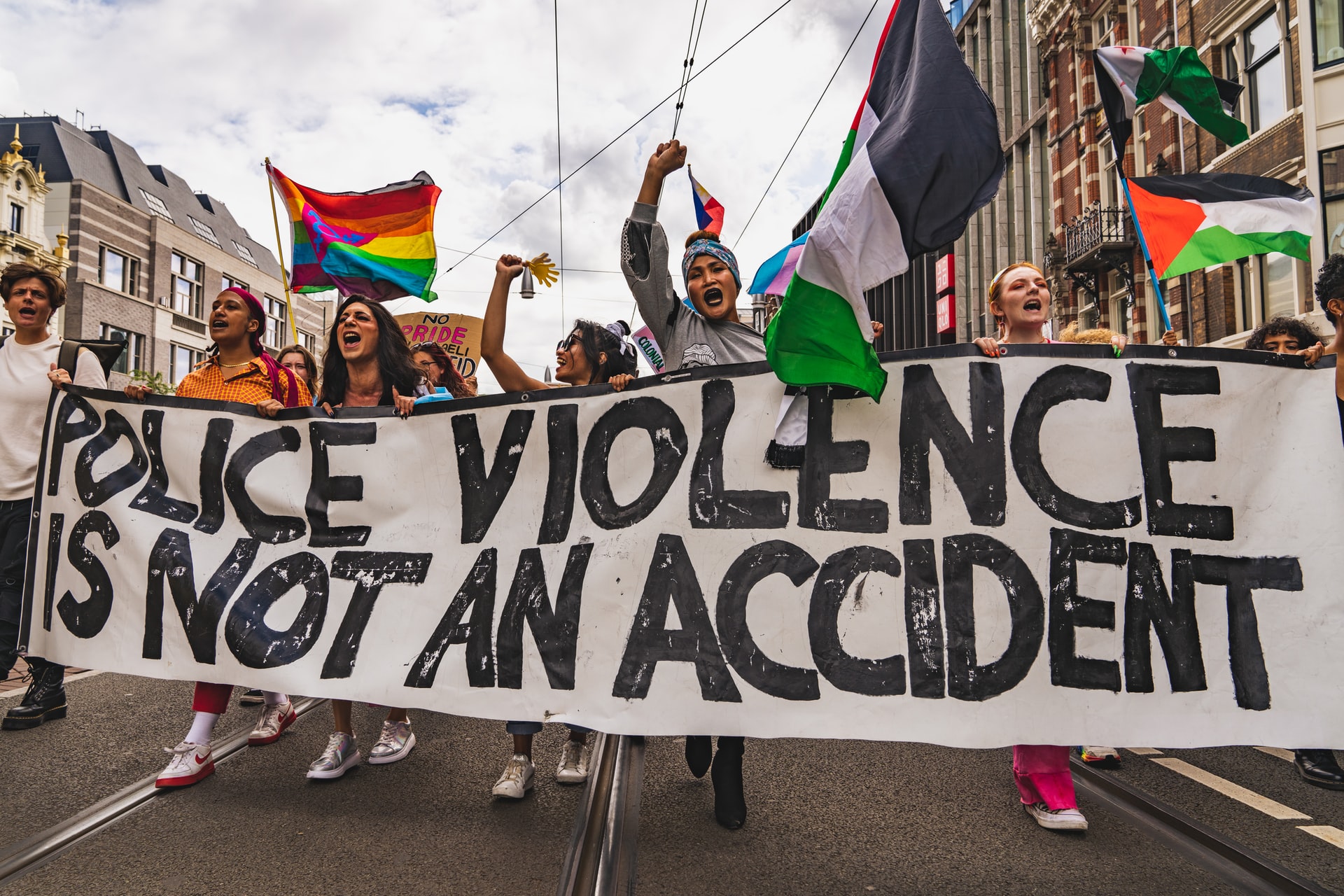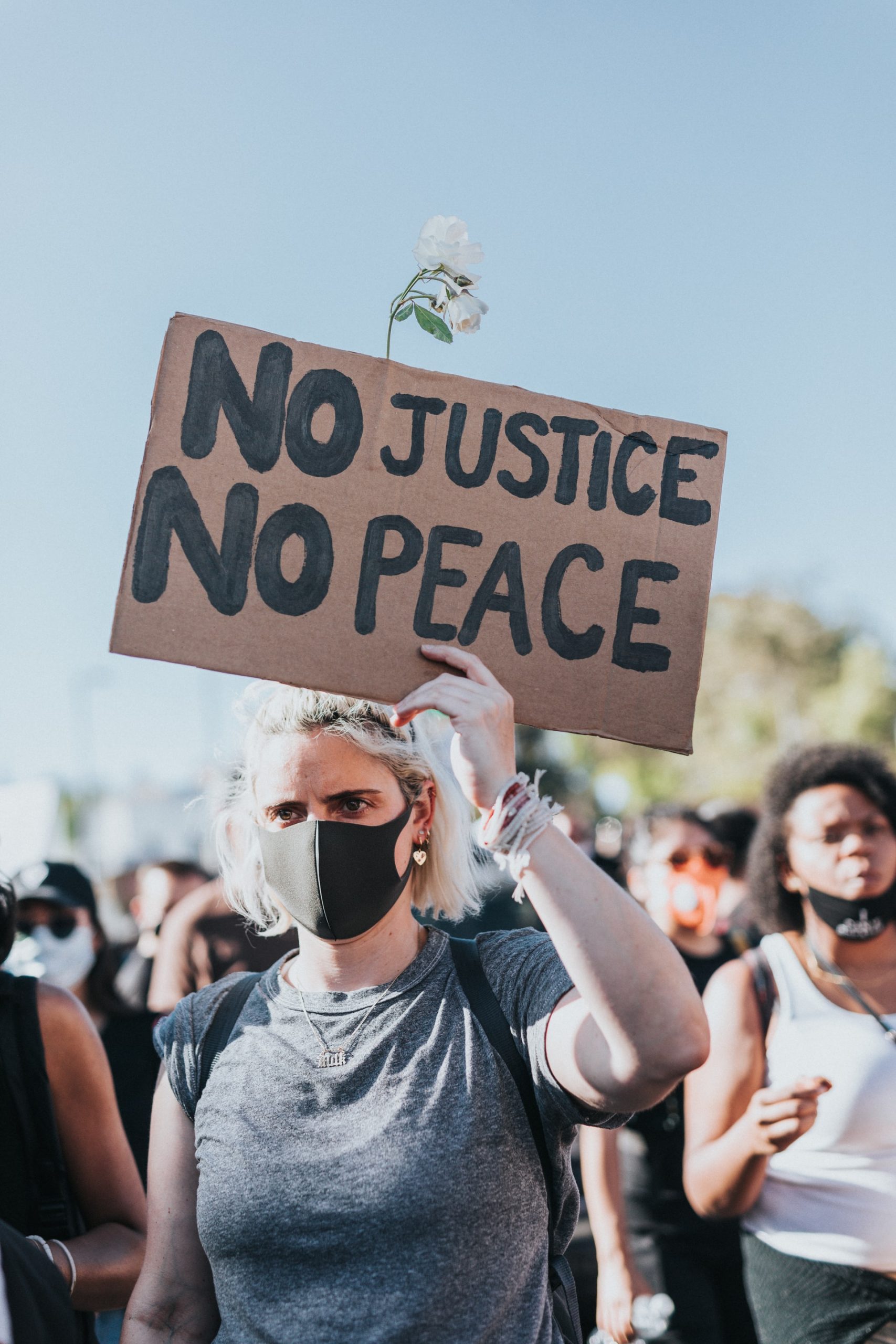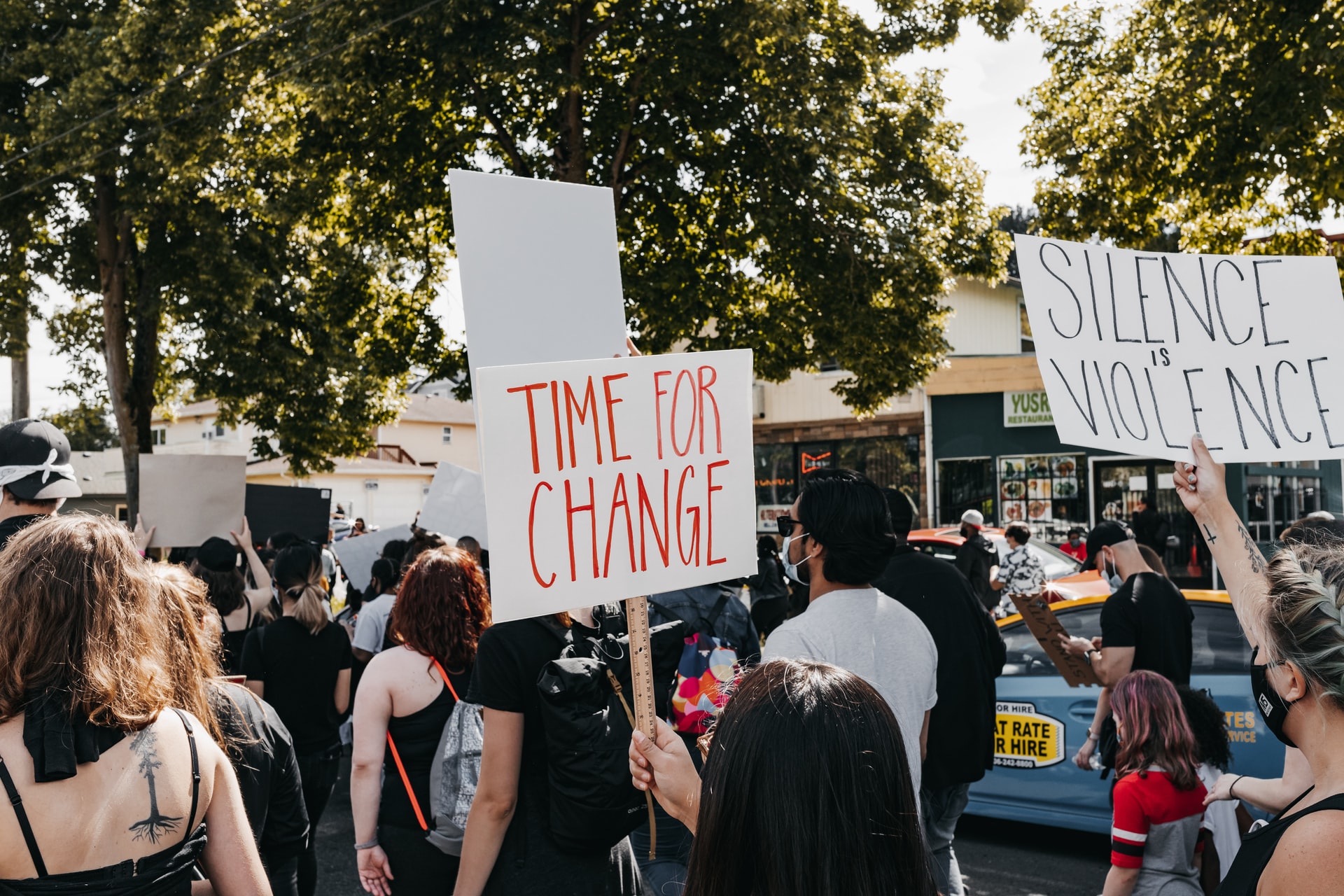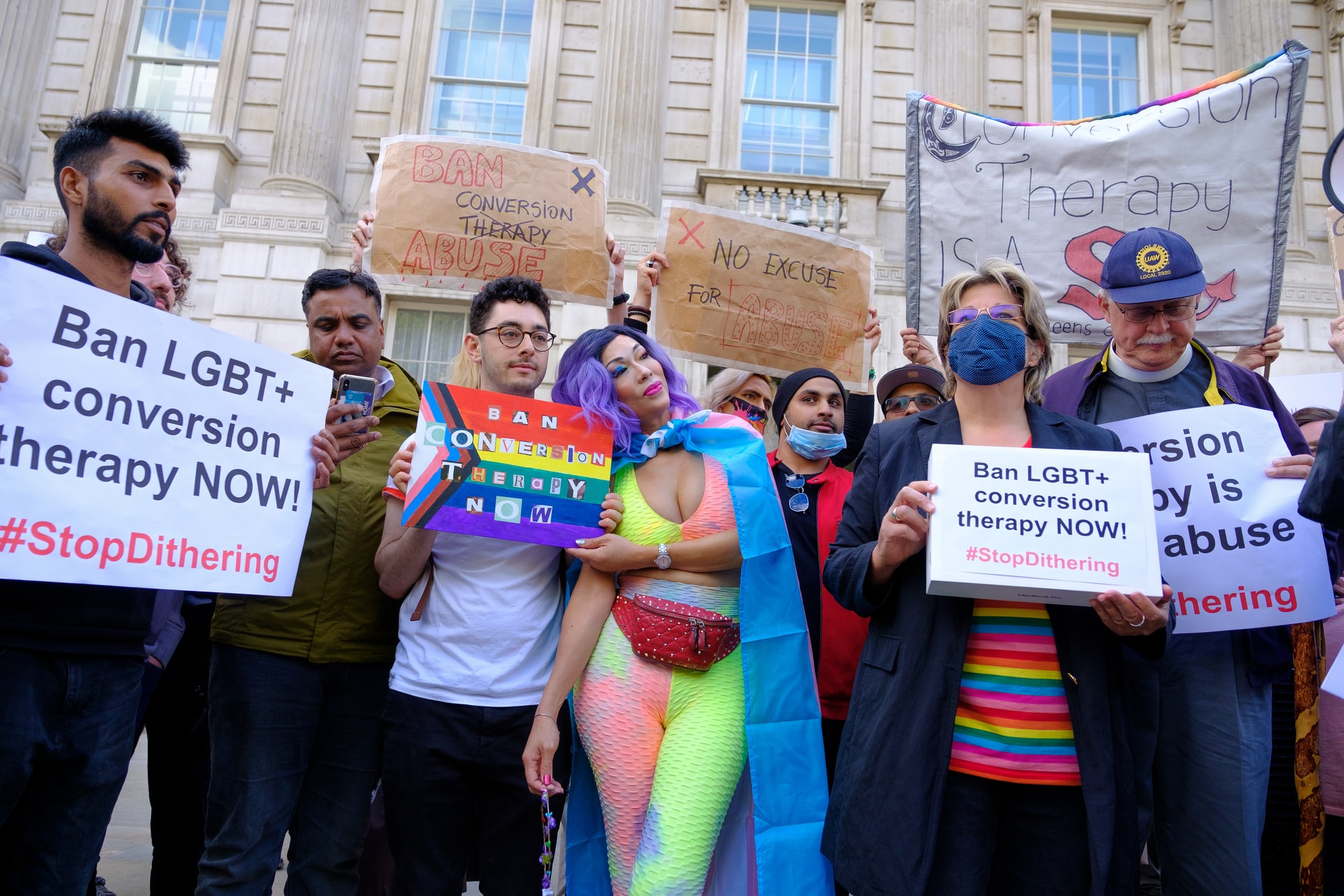Even though we are in the 21st century and live in the age of the internet, queer people are still finding and fighting for their place at the table. Karl Marx would be really disappointed with the world we are currently living in; we are so entrenched by capitalism that we no longer see it. Because of this, those in power use niche groups and communities to gain money. For years now, the Pride flag has been used to signal queer people and queer identity. However, more and more companies are co-opting the pride flag, especially during Pride month, and this raises the genuine question of whether this is an act of solidarity or a mere tactic to lure queer patrons.
What is rainbow capitalism?

Rainbow capitalism is the theory and idea that certain companies get associated with Pride only to boost their image and moral bank. Most of them do this only to get the money of queer people and co-opt queer imagery and do this for their own profit without giving back to the actual community they are supposedly supporting. To call a spade a spade, they are using queer imagery to attack queer people to their business, and this is marketing 101. Most activists consider that it is the capitalizing of the significance of Pride month for-profit and acknowledging queer people as a customer segment. It is basically exploitation that is sugarcoated by support.
The purpose of Pride

Pride month and march are how queer people and allies to our community address the ongoing work of equality and acceptance, and this all roots back to 1969 in the Greenwich Village in New York at the Stonewall Inn. The patrons who were queer and mostly people of color were tired of being beaten and arrested by the police and decided to take matters into their own hands, and this is how the Stonewall riot started. The core of Pride is disrupting heteronormativity, responding to police violence and rebellion. The first Pride march took place a year after the riot in 1970 and was to commemorate those who fought for our rights. As someone, who has been living in New York for over 10 years, then I can tell you that the Stonewall Inn has a special place in my heart as it is an integral part of our history. So, for those queer people who are against BLM, I want to remind people that our journey started with a riot, so no justice, no peace. Being out and proud is by itself a form of activism. And before looking at other countries and saying this and the other about those countries in the global south and their treatment of queer people, let’s look at our own country first and remember that the root of homophobia is colonialism. So, let never forget the history and origin of Pride.
How do companies capitalize on Pride?

Once June 1st rolls around, most companies start to revamp their logos with Pride’s rainbow and rainbow color across their social media. It is the time where these companies put out messages across their social media in support of the queer community, and once pride month is over, you don’t hear them talk about queer issues. Most companies also pump out a lot of merch and products during pride month because they know that queer people have an enormous buying power. According to a 2019 study conducted by Forbes magazine, queer people have a whopping 3.7 trillion dollars in terms of buying power annually. The purchasing power of queer people is known as pink money, and this is why companies pander to them during pride month. Sure some of these companies donate a certain portion of their profits to LGBTQIA+ associations, but this rarely happens or only happens after these companies have been called out by queer people. For most companies, Pride month is known as the significant selling people because it is the one time of the year that we queer people will spend our money to buy queer-related items. Pride at this point has become a commercial holiday like Valentine’s Day, Christmas, or even Halloween. And this moves the ball in the wrong direction because we are shifting focus on why we started to celebrate Pride month.
Why is it problematic?

Okay, this is my personal feeling on the matter; rainbow capitalism does us more harm than good because it blurs the line between allyship and marketing and profiting off a marginalized community. It is also important to know that companies only queerify their logo in queer-inclusive countries, showing their slacktivism. For example, during pride month, most companies only put rainbows in their logo in countries where queer people are socially acceptable. If they do this (emphasis on if) in Malaysia, Poland, or even Saudi Arabia, they might face colossal backlash. I get that they feel that they might be well-intentioned, but it is too little too late. It is also important to note that some companies might donate and pander to the queer community during pride month but later down the line donate to republican politicians, which is ironic. To quote Judith Butler:
“In other words, “sex” is an ideal construct which is forcibly materialized through time. It is not a simple fact or static condition of a body, but a process whereby regulatory norms materialize ‘sex’ and achieve this materialization through a forcible reiteration of those norms.”

She talks about how people of color, working-class, queer, trans people, and women are usually seen in the shadows of rich cisgender white men. Do yourself a favor and read Judith Butler’s book Bodies That Matter: On the Discursive Limits of “sex” and Jasbir Puar’s Homonationalism.
Final thoughts

If you are a queer person, stop supporting these big corporations that only “support” queer people during June and forget about us for the rest of the year. So, support queer, local, and BIPOC businesses that have our community at heart, and this means you are supporting one of us. To quote Emile Zola:
“When truth is buried underground it grows, it chokes, it gathers such an explosive force that on the day it burst out, it blows up everything with it.”
This quote is not only thought-provoking, but it also highlights the point we make through this article. Selective activism, and if you are only piping out queer merch for money and profit, then people will get on that pretty quick and will most likely call you our for your slacktivism and might even cancel you. Sound off in the comments section below and tell us if you want to read more about queer issues.


Pingback: Anti-Lgbt Violence In France Has Doubled In The Last 5 Years | Law blog online